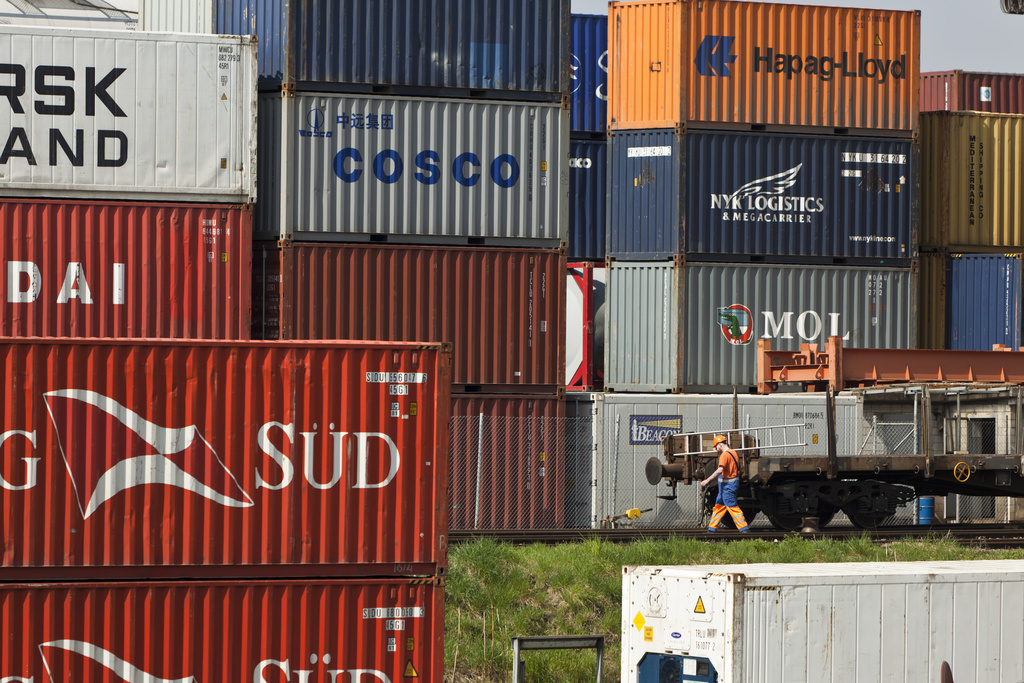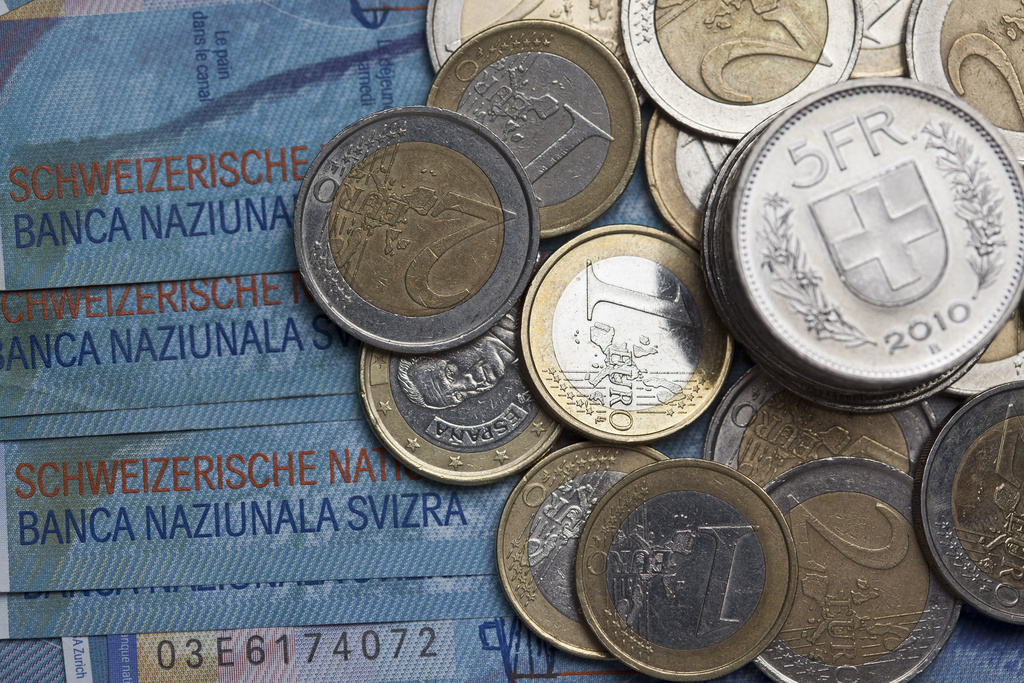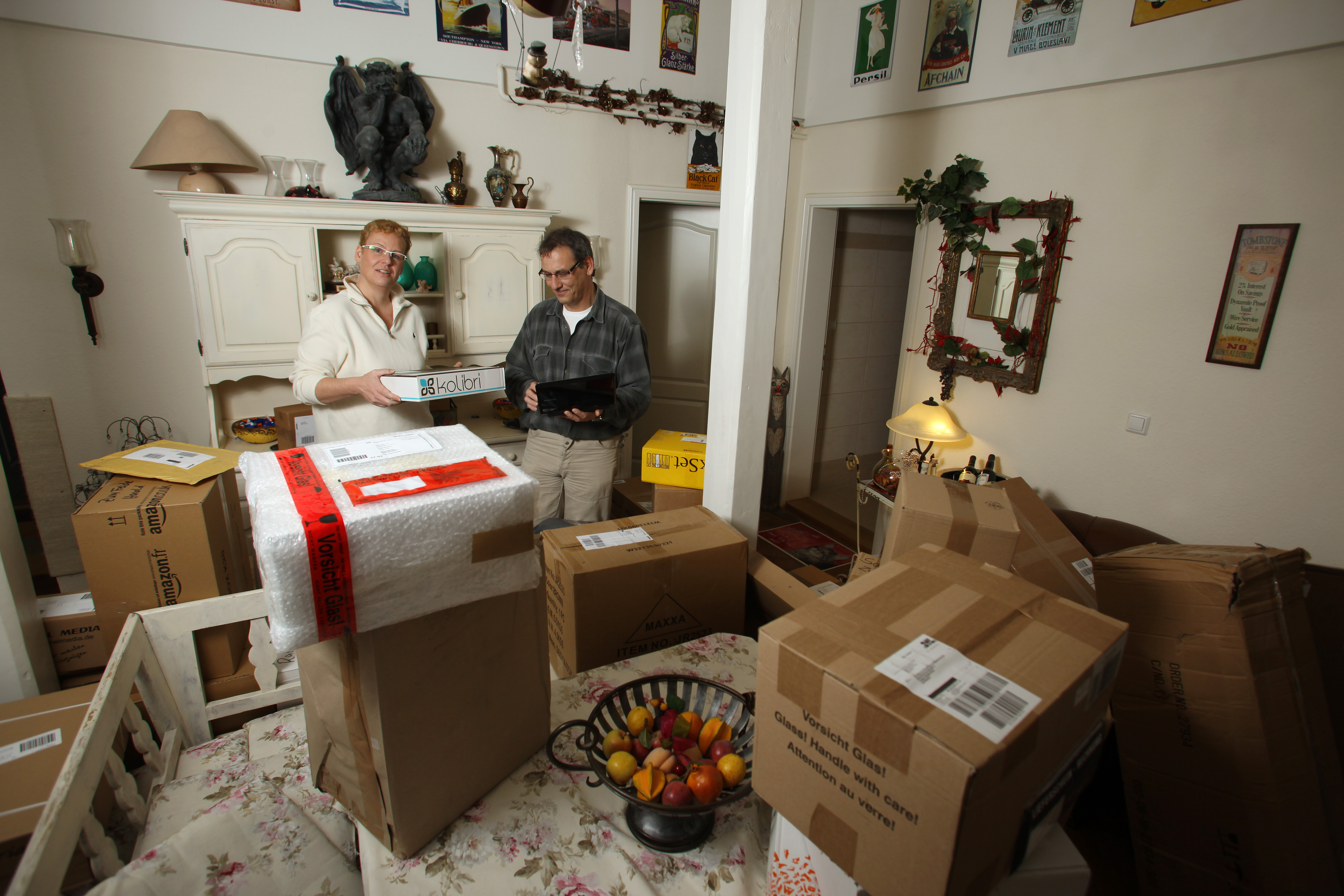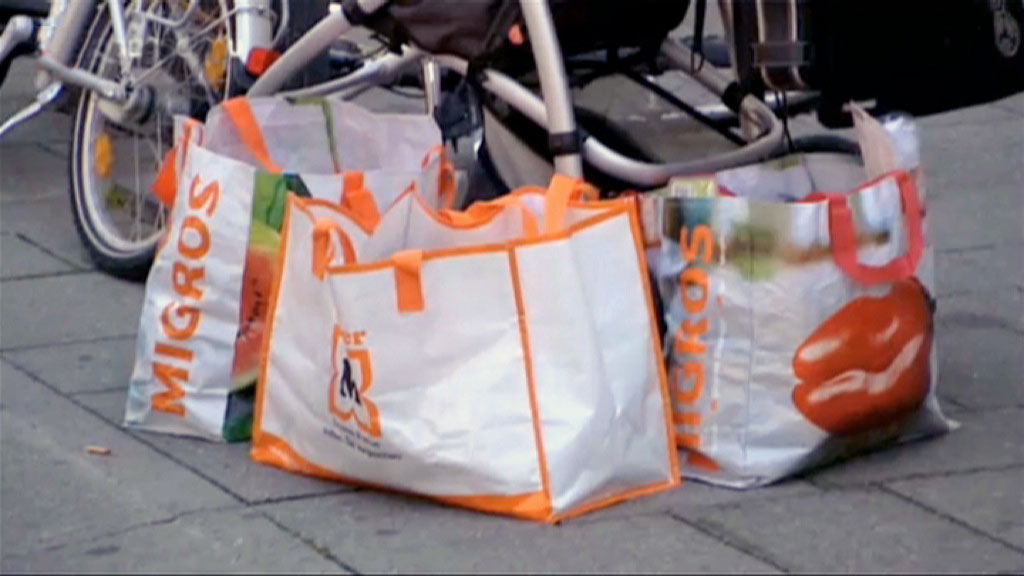Calls for action over pricey imports

Economics minister Johann Schneider-Ammann has appealed to the business community, supervisory bodies and consumers to help lower the prices of imported products.
He said he was considering a set of measures, including legal amendments, to be discussed by the cabinet next week, but refused to give further details.
“It is really important that a sign be given,” said Schneider-Ammann following Wednesday’s meeting with representatives of Swiss producers, importers and retailers as well as consumer groups and federal price and competition watchdogs.
He did not announce any concrete measures, but praised all participants of the round table for their willingness to discuss how best the economy can deal with the recent surge in the value of the franc, particularly against the euro and dollar.
“Today the consumer might not see any result of our talks but I’m confident that there will be a positive impact,” Schneider-Ammann told the media.
He said he expected the Federal Competition Commission and the Price Watchdog to use all means available to let consumers benefit from the record-strong franc.
He called for more market transparency and less bureaucracy but acknowledged that Switzerland is dependent on market forces and international producers.
Schneider-Ammann also appealed to consumers to contribute wherever they can.
Thunderstorm
Two of the country’s leading consumer groups called for immediate measures to cut prices of selected imported products by 20 per cent.
They published a list of about 150 products which are on average 90 per cent more expensive in Switzerland than in neighbouring France or Germany.
“We need a strong signal, otherwise consumers lose confidence and get angry,” said Monika Dusong of the Consumer Federation.
“The situation is comparable to a bad thunderstorm, but we do not have an umbrella,” she added.
Dusong was critical of the fact that previous legal amendments, including an easing of imports of patented products from the European Union, have led to no visible improvements for consumers.
Peg for franc
Representatives of retail trade and a major car importer dismissed allegations that they were the sole beneficiaries of the weak euro as products on shop shelves have not become cheaper for Swiss consumers.
Herbert Bolliger of the Migros retail chain and Morten Hannesbo of car importer and dealer Amag blamed producers for refusing to grant price reductions.
“We are willing to let consumers benefit, but we must remain competitive on the international market,” said Bolliger.
Both business representatives called on the government and the Swiss central bank to set a fixed exchange rate and peg the franc to the euro.
“Switzerland needs a stable currency,” added Hannesbo.
Under pressure
On the sidelines of the press conference, Stefan Meierhans, head of the federal price watchdog body, said he would continue talks with producers and wholesalers in an attempt to let Swiss consumers benefit from price cuts.
He said the round table meeting made him “more confident than before” that a solution could be found. But he refused to support calls by the consumer groups for a 20 per cent cut on imported products.
Wednesday’s meeting came as calls for action by Swiss cabinet, and Economics Minister Schneider-Ammann in particular, are growing increasingly louder.
Critics argue the government must intervene against the soaring franc which is threatening to strangle Switzerland’s key export sector.
A survey, published by the State Secretariat for Economic Affairs on Tuesday, found that Swiss consumer confidence dropped to a two-year low in July.
If Swiss exporters are struggling because the price of their goods is rising, domestic consumers should be benefiting from cut price imports from the euro zone.
However, companies and suppliers in European countries have so far proved unwilling to pass on the benefits of the falling euro to Switzerland.
Faced with virtually unchanged prices for goods in Swiss high streets, consumers have started shopping over the borders in increasing numbers.
Swiss retailers say their hands are tied because they have long-term contracts with suppliers set at fixed exchange rates.
Swiss Economics Minister Johann Schneider-Ammann is said to be in favour of tightening anti-cartel laws to force through price reductions.
However, the Swiss Business Federation believes anti-cartel laws are already tough enough but are not enforced vigorously enough.

In compliance with the JTI standards
More: SWI swissinfo.ch certified by the Journalism Trust Initiative






You can find an overview of ongoing debates with our journalists here. Please join us!
If you want to start a conversation about a topic raised in this article or want to report factual errors, email us at english@swissinfo.ch.